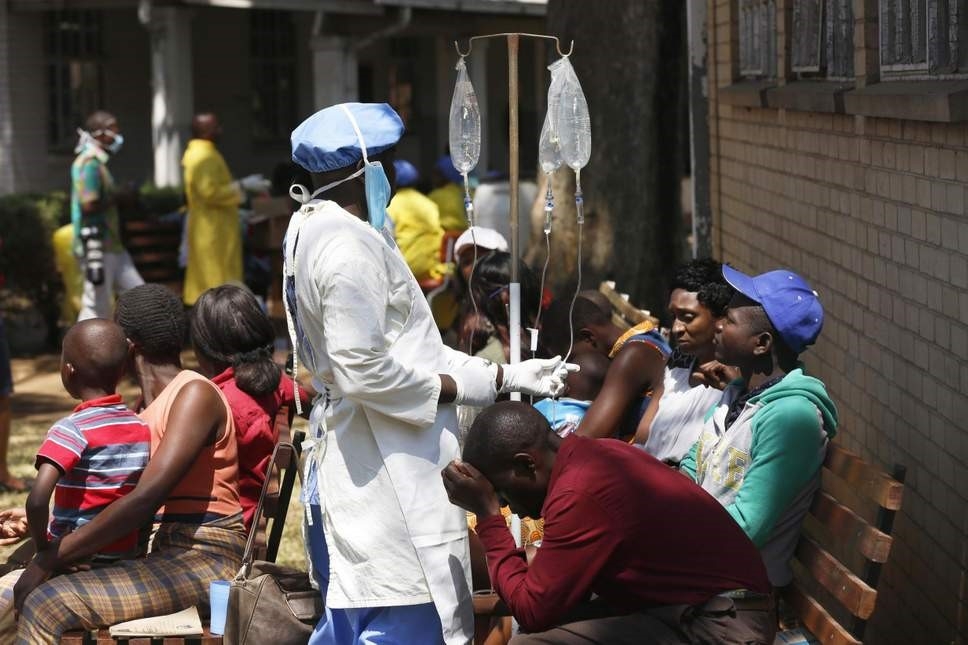Zimbabwe declares state of emergency after cholera outbreak kills 20

Harare, the capital of Zimbabwe, has declared a state of emergency due to a recent cholera outbreak that has already claimed 20 lives. According to a report from Voice of America, there have been around 2,000 reported cases of waterborne diseases in the area including salmonella and typhoid, in addition to cholera.
Cholera is a bacterial disease that is spread through contaminated food and water. It spreads easily in areas with poor sanitation or inadequate sewer systems, an issue raised by Zimbabwe's new health minister, Obadiah Moyo. On Tuesday he told reporters that poor water supply, blocked sewers, and a failure to collect waste were making a cholera outbreak in the capital worse.
Chitungwiza, Midlands, Manicaland, Masvingo and Mashonaland Central provinces have all reported cases of the disease, but as of now all of those cases have been traced back to Harare. The recent outbreak has sparked fear among those who remember the region’s last cholera outbreak in 2008 that killed approximately 4,000 people, according to government figures.
Harare has struggled to supply clean water to surrounding areas for more than a decade, and officials believe this outbreak was caused by poorly maintained water and sanitation infrastructure in the area.
After touring a hospital where patients were being treated, Mr. Moyo explained, “This whole problem has arisen as a result of blocked sewers. The other problem is that garbage has not been collected on a regular basis. There is water problems, no water availability.”
The health minister has also banned the selling of fish and meat in the affected areas as an extra precaution to prevent the spread of the disease through food. The government has also closed schools in at-risk areas after two students died.
Health minister Moyo has asked for help from the United Nations, specifically UNICEF and WHO to assist in containing the outbreak and getting clean drinking water to nearby communities. The outbreak was first reported on Friday but many people have still not yet received safe water.
The AIDF Africa Summit will return to Nairobi in February 2019.
If you’d like to stay informed on the latest updates in aid and development, please sign up for the AIDF newsletter.
Photo Credit: AP














